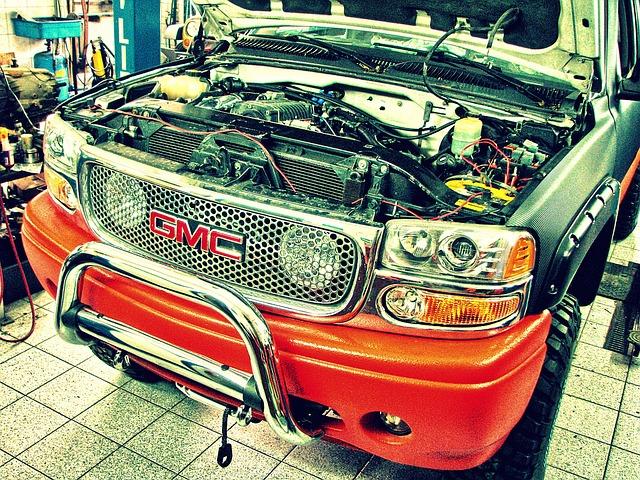In a quickly evolving society, it isn't amazing to observe various mechanical developments that are changing how things are being accomplished. An ever-increasing number of individuals are creating innovations that target unraveling some of the common challenges that people have encountered throughout the years.
Over the years, the auto industry has been one of the top sectors that have seen rapid technological advancements. Though everybody wants to prevent accidents yet if you become the unfortunate one, you shouldn't be reluctant to file a lawsuit with the help of a qualified accident lawyer like Kent car accident lawyer for the maximum auto-crash settlement. With the amazing 21st-century, auto-technologies car crashes have diminished radically.
Auto-Technologies Help to Shun Car Accidents
Let’s investigate some of those top auto-technologies.
1. Adaptive Headlights
An impressive technology that is considered to have limited road accidents drastically are adaptive headlights. Of course, these are car headlights that automatically turn when the steering wheel is going to be turned. If you are driving down a dark road, you most likely realize how troublesome it might be to detect an approaching vehicle or even a deer en route. This technology gives you a chance to perceive what's out and about consistently.
2. Forward Collision Systems (FCS)
Many individuals die in rear-end accidents for the straightforward reason that they were either found preoccupied on their cell phone or were found looking something en route. Through this technology, a car will be able to automatically calculate the distance between itself and the one in front and decrease the vehicle's speed to limit the effect of the accident.
3. Electronic Stability Control
ESC is an advanced technology that works admirably at keeping cars from sliding out of control even in unsafe atmospheres. It works by decreasing a car's engine power by applying breaks to wheels during a run-off-road crash. This technology has demonstrated to be very valuable with the probability that it can avoid about half of the all-out car collisions or turning turtles.
4. Vehicle communication
Self-driving vehicles provide a main focus in the auto-sector. This technology would expect autos to have some vehicle to vehicle communication to forestall any crashes. Communication will generally be done using GPS facilitation and other new-age sensors being created. It is, however, significant that the technology won't just communicate with different autos but will also need to detect other passersby and road users, for example, cyclists that are within the range of the vehicle.
5. Footing Control frameworks
It is a very handy technology that helps to shun accidents on slippery roads. The traction control system keeps the wheel from rotating during times of increasing speed or when the vehicle is starting, particularly on wet road surfaces. This technology is moderately not quite the same as the anti-lock braking mechanism which targets forestalling the locking of brake pads by gradually lessening the braking pressure applied. To guarantee the wheels of a car don't spin when an individual is driving off on a slippery surface, the torque of each wheel is decreased simultaneously. This technology is very handy in bringing down fender benders as it reduces traction in the wheel to evade shakiness when driving.
Conclusion
Auto-technologies have diminished the number of fender benders around the globe. With these future technologies and innovation, car-crashes will decrease significantly.












No Comments